All College Council
ACC Leadership

Benedetto Youssef
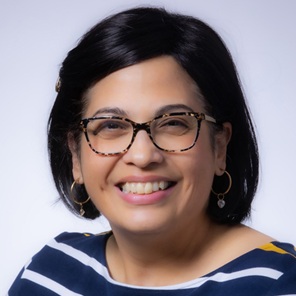
Irma Williams
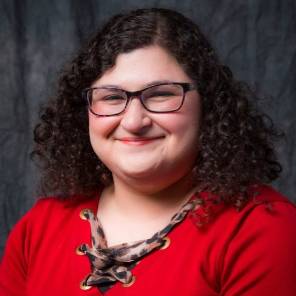
Sarah Teichman
Standing Committee
 The Committee on College Life is comprised of up to eighteen (18) appointed members.
The Committee on College Life is comprised of up to eighteen (18) appointed members.
The Co-Chairs are Doreen Pontius and Paula JnoVille Roney.
Membership shall include five (5) faculty and seven (7) staff representing each college division: Development, College Operations, Finance, Student Affairs, Academic Affairs, CIO and HR.
Other membership may include six (6) representatives from cabinet level positions with policy level responsibilities.
It shall be the duty of the committee to recommend to the All-College Council and/or any other appropriate constituency on the following:
- Work with faculty and staff to enhance the intellectual and professional life of all members of the Hudson County Community College learning community.
- Promote professionalism, cutting-edge pedagogy and intellectual rigor in the College’s pursuit of Innovation.
- Make recommendations and evaluate professional service activities including speakers, workshops, and in-service training.
- Recommend professional growth and training activities for all College personnel.
- Consult with the College on employee recognition programs, health and wellness initiatives, new employee orientation, technical training and Innovation Awards and Initiatives.
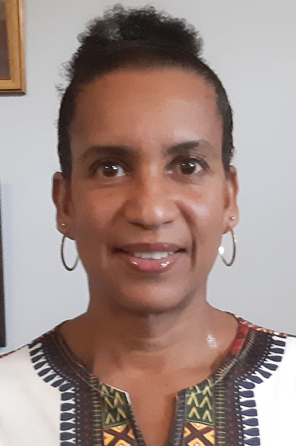 The Academic Senate is composed of up to Twenty Elected Representatives from the 5
academic divisions and can be up to another 12 appointed members.
The Academic Senate is composed of up to Twenty Elected Representatives from the 5
academic divisions and can be up to another 12 appointed members.
The Co-Chairs are Dr. Jeanne Baptiste and Fernando Garcia.
General Membership includes members from the Registrar’s office, Financial Aid, the Library/Learning Resource Center, and two (2) fulltime Counselors.
Other membership may include up to five (6) representatives from cabinet level offices
with policy level responsibilities.
It shall be the duty of the Senate to recommend to the All-College Council and/or
any other appropriate constituency on the following:
- Provide oversight of policies governing academic standards for college programs as appropriate to the mission of the college.
- Develop and provide oversight of policies related to academic integrity.
- Develop and review policies for the evaluation of transfer credit and the bestowal of academic honors and awards.
- May review policies concerning grading systems, attendance policy, and testing and placement policies.
- Annually review data and policies regarding course waivers and academic probation.
- Review and provide advisement on the annual academic calendar.
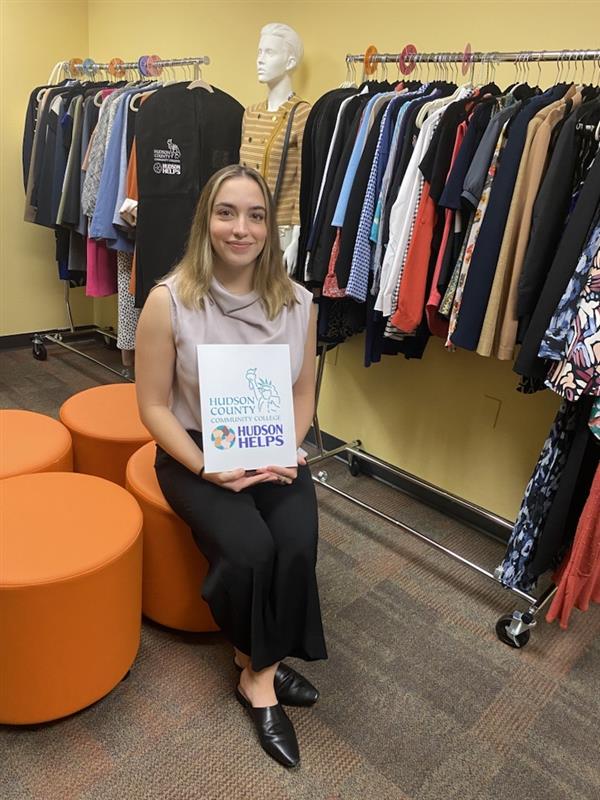 The Committee on Student Affairs is composed of up to fifteen (15) appointed members.
The Committee on Student Affairs is composed of up to fifteen (15) appointed members.
The Chair is Ariana Calle.
Membership includes two (2) representatives from Student Services, four (4) faculty members, the SGA President, two (2) student representatives, a support staff member, and a Community Education representative.
Other membership may include up to four (4) representatives from Admissions, Advisement and Counseling, and Enrollment Services.
It shall be the duty of the committee to recommend to the All-College Council and/or any other appropriate constituency on the following:
- Review, evaluate and recommend on matters related to student life and welfare.
- Review, evaluate and recommend on matters related to the life and welfare of the campus community except where precluded by law.
- Provide an official voice for the Student Government Association to communicate issues of interest and to represent those issues to the greater College community.
- Review, evaluate, and recommend on matters related to admissions, enrollment, recruitment and retention.
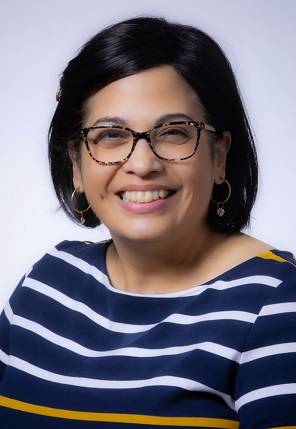 The Committee on Space and Facilities is composed of up to twelve (12) appointed members.
The Committee on Space and Facilities is composed of up to twelve (12) appointed members.
The Chair is Irma Williams.
Membership includes four (4) faculty members, one SGA officer, one support staff member, and one staff member from facilities.
Other membership may include representatives from College Operations, Facilities, Safety and Security, Student Affairs, and Community Education.
It shall be the duty of the committee to recommend to the All-College Council and/or any other appropriate constituency on the following:
Oversee facilities, safety, and security initiatives and plans related but not limited to the following:
- (1.) Facilities Planning
- (2.) Green Initiatives
- (3.) Capacity Studies
- (4.) Emergency Operation Plans and Drills
Review and make recommendations related to facility and safety issues, on concerns brought to them from the College community.

The Committee on Technology is composed of up to twenty (20) appointed members.
The Chair is Robert Kahn.
Membership includes four(4) faculty members, three (3) members of the IT staff, two (2) members of student services, a Community Education representative, support staff member, a representative of distance education and an SGA officer.
Other membership may include up to two (2) representatives from IT, Instructional Support, the Learning Resource Center, Communications, Community Education and Distance Education.
It shall be the duty of the committee to recommend to the All-College Council and/or any other appropriate constituency on the following:
- Work with the faculty and staff departments to determine technological needs and to recommend how to address those needs.
- Review and make recommendations for the use, purchase and maintenance of instructional technological resources including AV.
- Review, prioritize and recommend requests for new technologies.
- Review and make recommendations along with facilities for creating specific physical designs which involve technology in a variety of settings, e.g. specialized classrooms.

The Committee on Development and Planning is comprised of up to seventeen (17) appointed
members.
The Chair is Christopher Cody.
Membership includes four (4) faculty; two (2) representatives from Student Services, two (2) representatives from Finance, and two (2) representatives from Academic Affairs. Other membership may include up to seven (7) cabinet level representatives and the Associate Dean of Research and Planning.
It shall be the duty of the committee to recommend to the All-College Council and/or any other appropriate constituency on the following:
- Progress on the Strategic Plan and its implementation.
- Review and recommend institutional effectiveness strategies and measures.
- Work with the Executive Director of the foundation to enhance fundraising capabilities.
- Review grant activity and make recommendations for exploration.
- Assist in responding to accreditation recommendations and requirements.